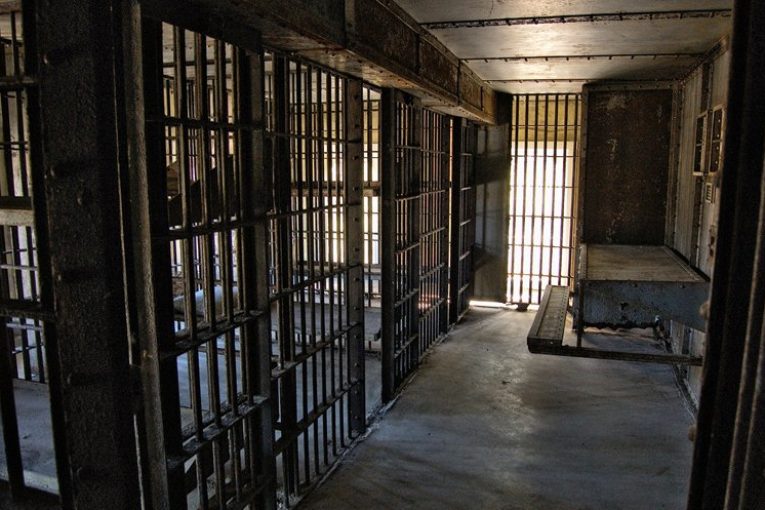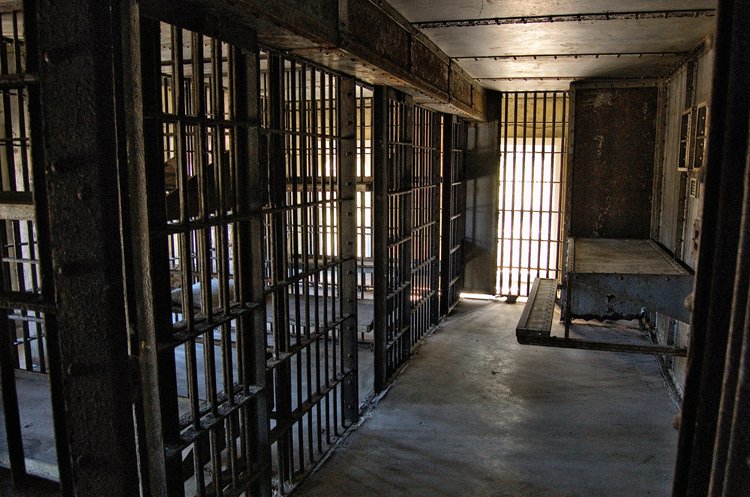

By Linhchi Nguyen
STATE CAPITOL – The California Legislature approved a bill that would eliminate the problematic practice of using testimony from “jailhouse snitches” as a reason for denying parole to someone in state prison.
SB 1064, a bill by Sen. Nancy Skinner, D-Berkeley, won approval in the state Senate this week on a 26-9 vote. It would eliminate the use of uncorroborated allegations from in-custody informants, often known as “jailhouse snitches,” and prevent such allegations from being the basis for denying release to a person.
This bill would also prohibit using uncorroborated information from a confidential informant as a basis for charging an inmate for a rules violation, which could be a reason for denying parole.
Testimony from in-custody informants has been widely used in the American criminal justice system, opening the door for questionable and untrustworthy information that could lead to wrongful convictions and denial of parole, according to the bill sponsor.
This information can be used to “to deprive people of their constitutionally guaranteed liberties,” as Keith Whattley, founder of UnCommon Law and co-sponsor of SB 1064, states.
As a result, “California courts have long recognized that the use of uncorroborated testimony from in-custody informants violates due process,” according to Sen. Skinner. 
She adds, “That’s why the practice was banned nearly a decade ago,” referring to SB 682, which California passed back in 2011. The bill bars the use of uncorroborated testimony from in-custody informants for the conviction of criminal defendants. “SB 1064 would bring those same principles of due process to state parole board and prison disciplinary hearings,” Sen. Skinner says.
Under current law, an in-custody confidential informant can make an unsupported claim against another inmate. This allegation would later be entered into the accused inmate’s file, and the accused inmate might not have any knowledge of this until the uncorroborated claim is presented against them during their parole hearing.
The accused person isn’t allowed to cross-examine the informant who made the claim, nor can they offer evidence to refute the claim’s truthfulness.
On top of prohibiting the parole board from denying release solely based on uncorroborated claims from these in-custody informants, SB 1064 will ensure that the accused inmate will receive a written statement of the evidence against them and given the time to confront the witness(es) before the hearing.
“The legislation will help restore those liberties by ensuring due process protections that exist elsewhere in our legal system and provide a more meaningful opportunity for release for those who have already served their minimum terms,” said Whattley.
By helping to enhance due process for incarcerated individuals and establish a fairer parole system in California, Sen. Skinner is confident that “SB 1064 is a step in the right direction.”
The bill is now headed to the governor for consideration.
To sign up for our new newsletter – Everyday Injustice – https://tinyurl.com/yyultcf9
